Journey to the Northwest following Uncle Ho's call
In 1957, young man Nguyen Thien Thuat (born 1939), the son of a martyr, had just graduated from Cau Giay Pedagogical College (now Hanoi Pedagogical University) and was teaching at Nguyen Cong Tru School, Hanoi. When the movement to send teachers from the lowlands to the Northwest spread, he volunteered. “Even the daughter and sister-in-law of the Minister of Education Nguyen Van Huyen had to go to the Northwest to teach, so we had to make our own way! Therefore, we volunteered to help the whole country eradicate illiteracy…”, he recalled.
Leaving Hanoi, he and his comrades went to Son La, then spread out to remote districts of the Thai-Meo Autonomous Region (now including Dien Bien, Lai Chau, Son La and part of Yen Bai , Lao Cai). This was a mountainous area that had just gone through war, people's lives were still at the level of self-sufficiency, illiteracy was almost absolute. There were more roads to walk than to drive, goods were scarce, medical care was lacking, and landslides often occurred during the rainy season. Mr. Thuat said that many people from the lowlands, when hearing about the Northwest at that time, still imagined it as a "spiritual and poisonous" region, but in his youth he had only one simple thought: "I went so that people could learn to read and write, so that children could go to school."
At first, each commune had only one teacher in charge, classes were not divided by age, no matter how many students, they taught, even one student was maintained. The monthly salary was only 45 thousand dong, teachers asked for food to live with the people. At Tet, they ate according to the "specialized skin" standard - the skin of the commercial pig was sold and wrapped into ham, the whole skin was as precious as gold. "It was very rare back then, when boiled it was fragrant, delicious and memorable...", Mr. Thuat smiled gently.
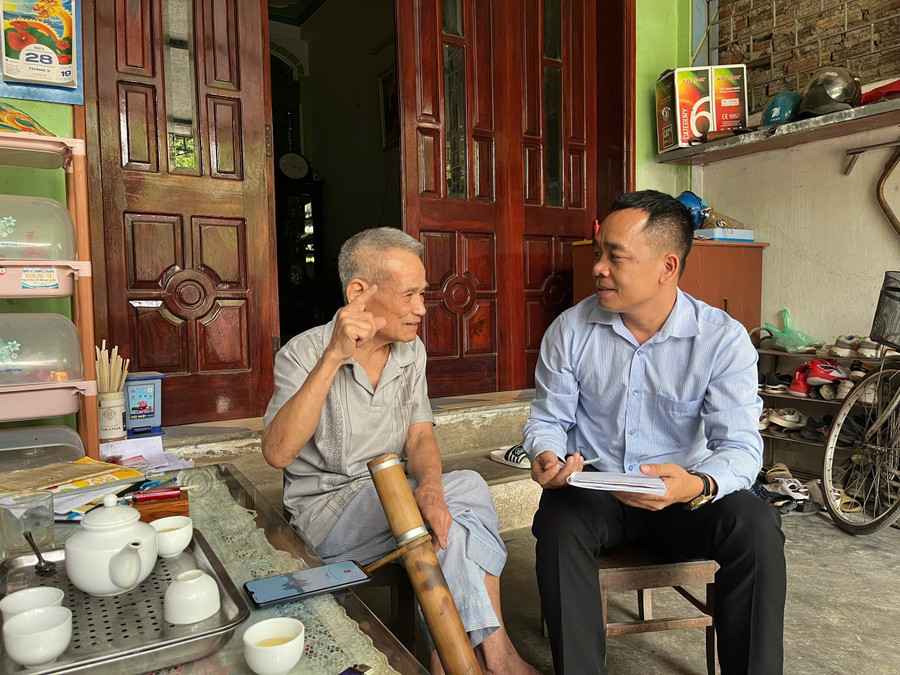
Initiative to eliminate lisping and lessons from the General
In the first days of teaching, he noticed that many Thai students could not distinguish between some consonants such as “đ” – “l”, “b” – “đ”. “Cánh đồng” was read as “cánh lồn”, “ cái lồn” became “ cái đồng”. He came up with the idea of writing commonly confused words on mo lang and hanging them around the classroom. When reading a difficult word, students would immediately look up and memorize it by meaning instead of rote learning. Thanks to this initiative, for four consecutive years, his class had a 100% pass rate; the Department of Education sent him to many places to apply it.
He believes that teaching must be researched and meticulous, not just lectured perfunctorily from the book. With ethnic minority students, teachers need to understand and respect their culture. “Some of my fourth grade students are about the same age as me, or even older. If you don’t respect them, you can’t teach them,” he said.
A profound memory was the time General Vo Nguyen Giap visited the school. When he learned that the art troupe only selected Kinh students because “ethnic students speak with a lisp”, the General reminded: “In ethnic minority areas, we must bring them into common activities and integrate them, not separate them”. Mr. Thuat took to heart that teaching: “In ethnic minority areas, we must take ethnicity as the root for development and national unity”.
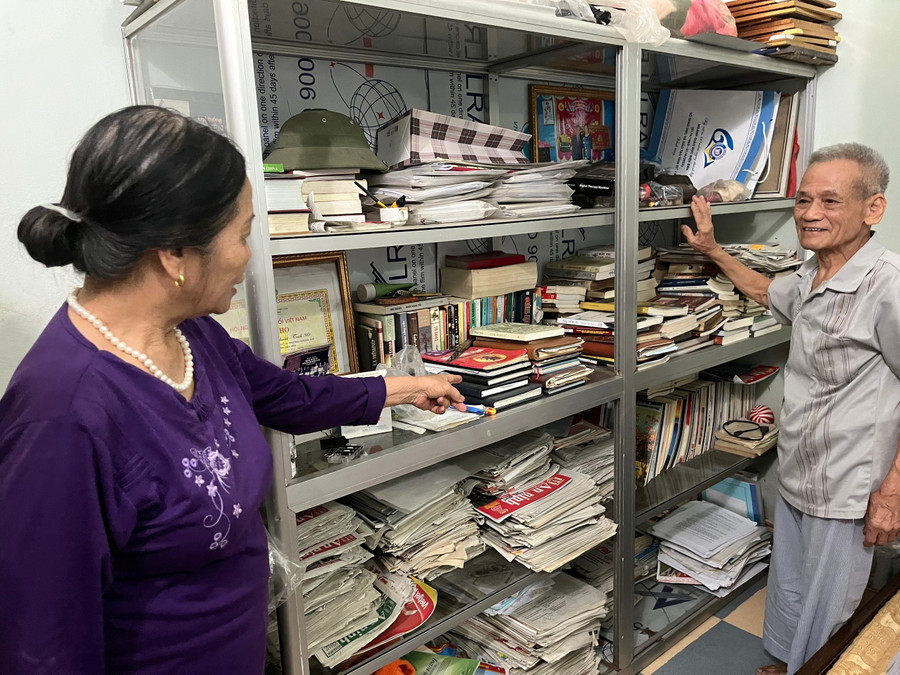
Stay with Northwest
In 1963, although the province planned to transfer him to the Department of Education, Tuan Giao district (old) still kept him because he understood the ethnic language and knew the area well. For the next ten years, he continued to work in the highland classrooms. During that time, he met and fell in love with Nguyen Thi Chung - the younger sister of a colleague and decided to stay, considering Dien Bien as his second home.
Although he still misses Hanoi, he still maintains a simple concept: "Take the joy of the people as your own joy." There are days when he and his friends wade through streams to catch fish, eat sticky rice by the stream, use bamboo tubes instead of bowls, but the joy is no different from sitting in a coffee shop in the city.
Now, in his old age, he still reads books diligently: “If I don’t read 700 – 1,200 pages every day, I won’t be at peace. Teaching is about reading and reading…” His journey not only spread knowledge and eradicated illiteracy, but also left a humane lesson about perseverance, creativity and harmony with people of all ethnic groups.
DIEN BIEN TODAY
- Network scale: In the 2024-2025 school year, the province will have 484 schools/centers with 7,454 classes and 211,797 students. There are no universities, 04 colleges, 04 regional vocational education and continuing education centers, and 01 Center for supporting the development of inclusive education.
- Mobilization rate: 3-5 year old preschool reached 99.89%; primary school reached 99.91%; secondary school reached 98.04%; high school and equivalent reached 80.47% (exceeding the plan).
- Staff: 16,104 managers, teachers, and employees; 2,695 people short of the norm, of which 1,381 teachers are short. Teachers who meet the standards or higher account for 82.8%.
- Facilities: 77.26% of classrooms are solid; many departmental, dormitory, and public service rooms do not meet standards; new teaching equipment meets 50.8% of the norm.
- Education quality: Primary school completion rate reached 99.53%; high school graduation rate (2018 program) reached 99.82%. Won 22 national excellent student awards; maintained primary and secondary education standards at level 3 and illiteracy eradication at level 2.
- Main difficulties: Lack of teachers in some subjects; facilities are not uniform; many schools do not have internet; limited investment budget; English quality is uneven.
Source: https://giaoducthoidai.vn/len-khu-tu-tri-thai-meo-geo-chu-xoa-mu-xoa-ngong-post743442.html



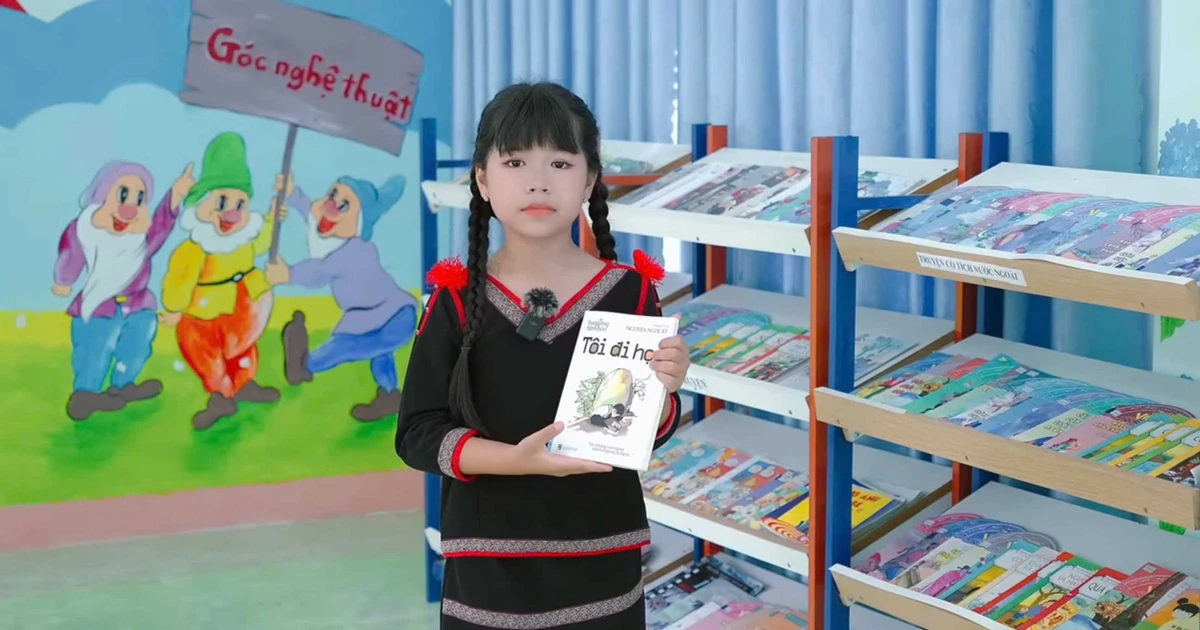

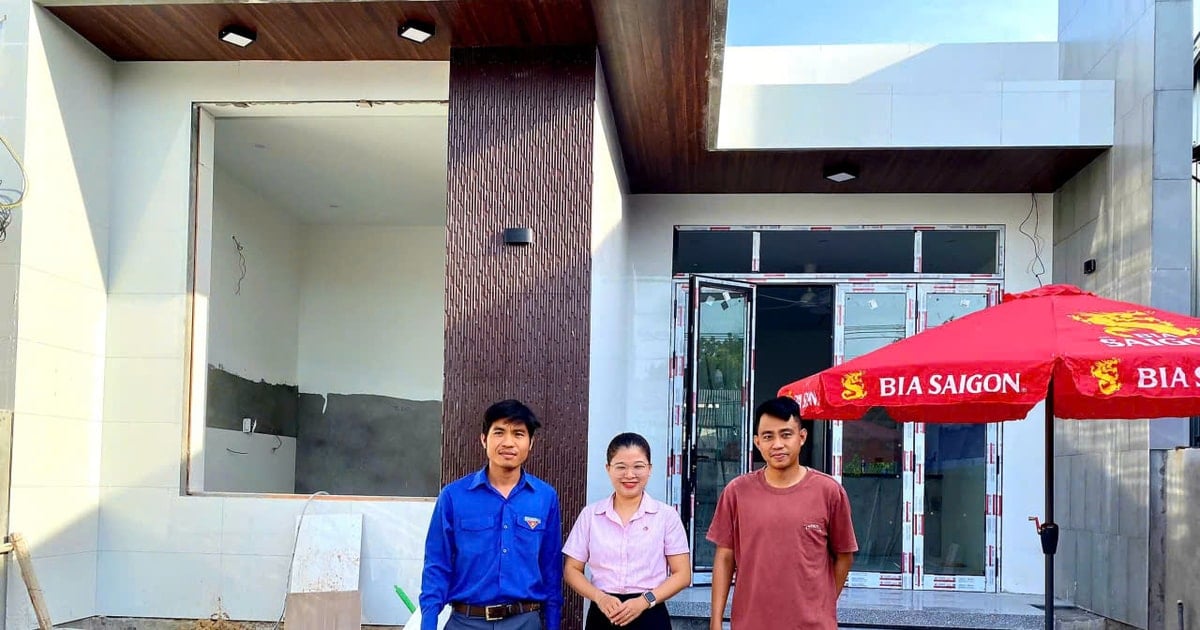




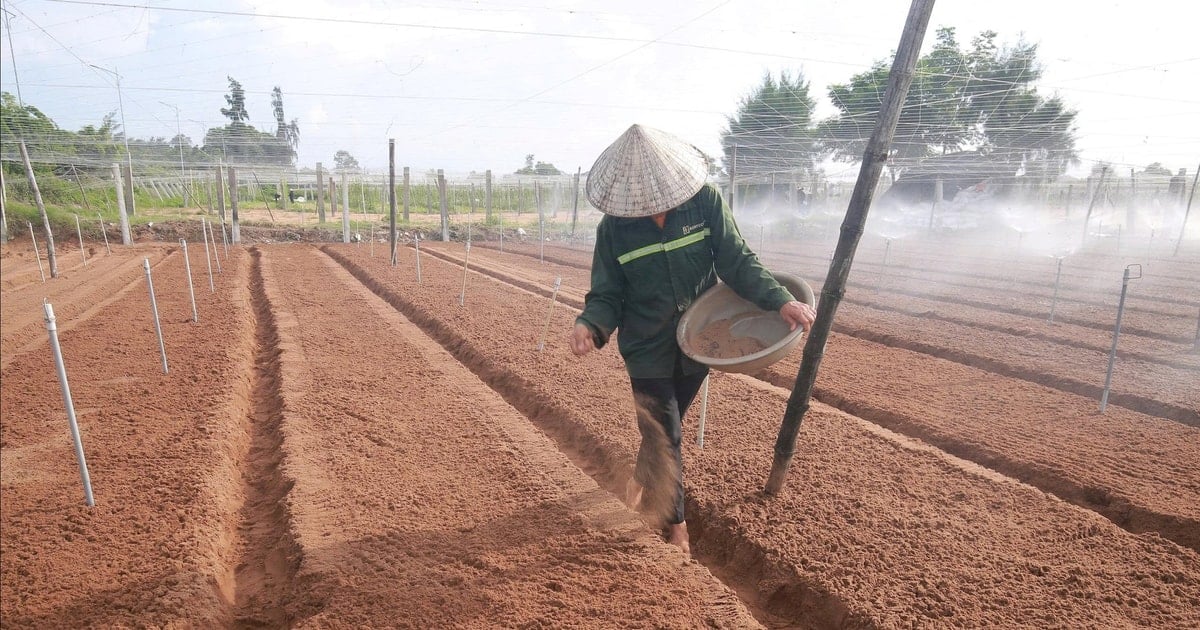

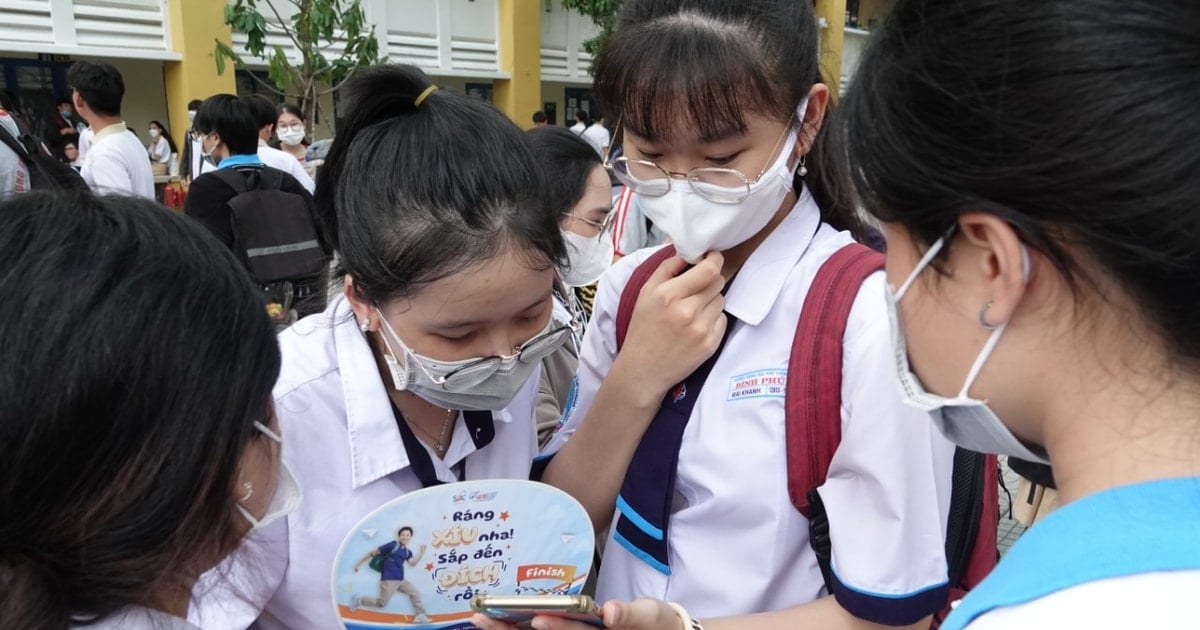










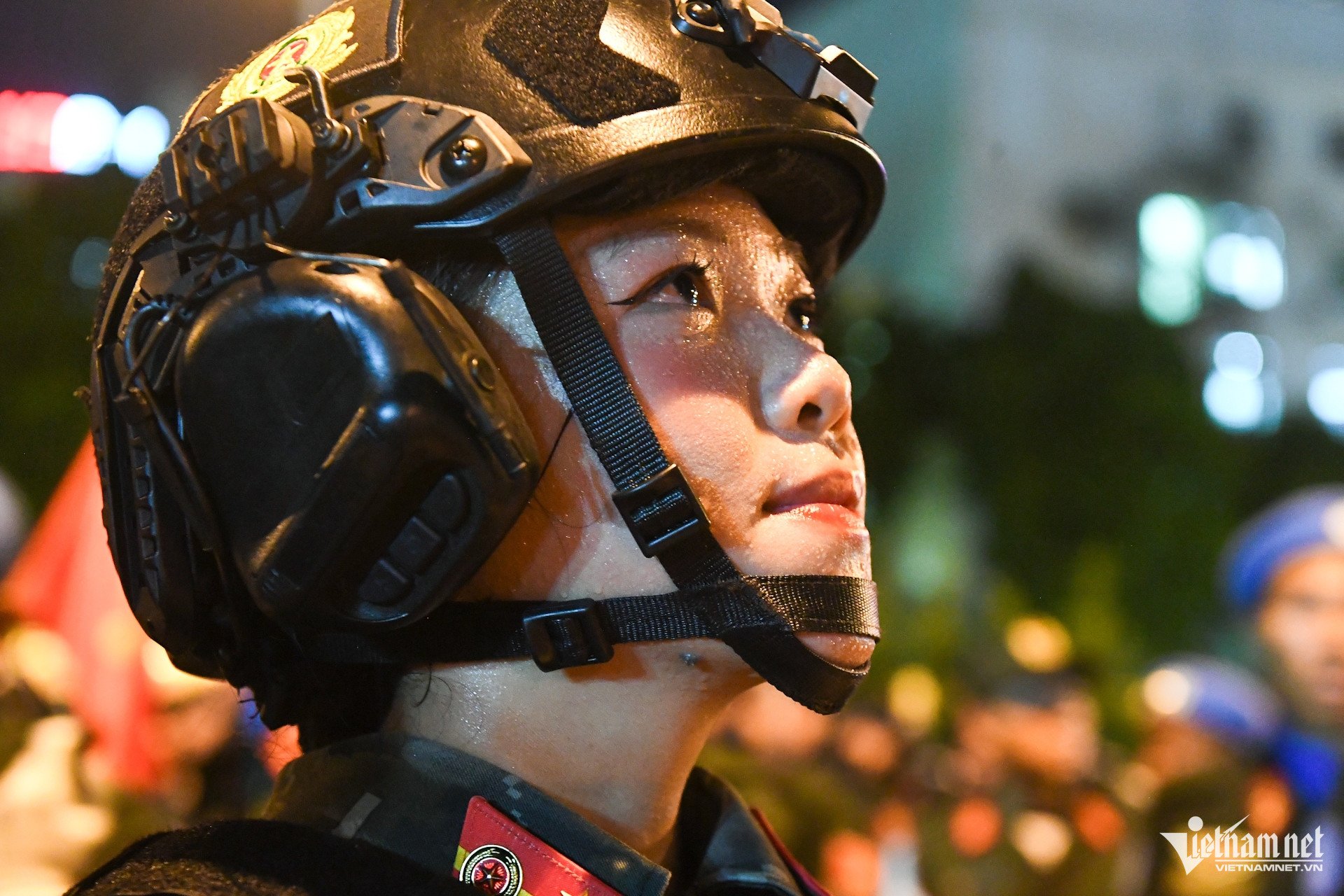






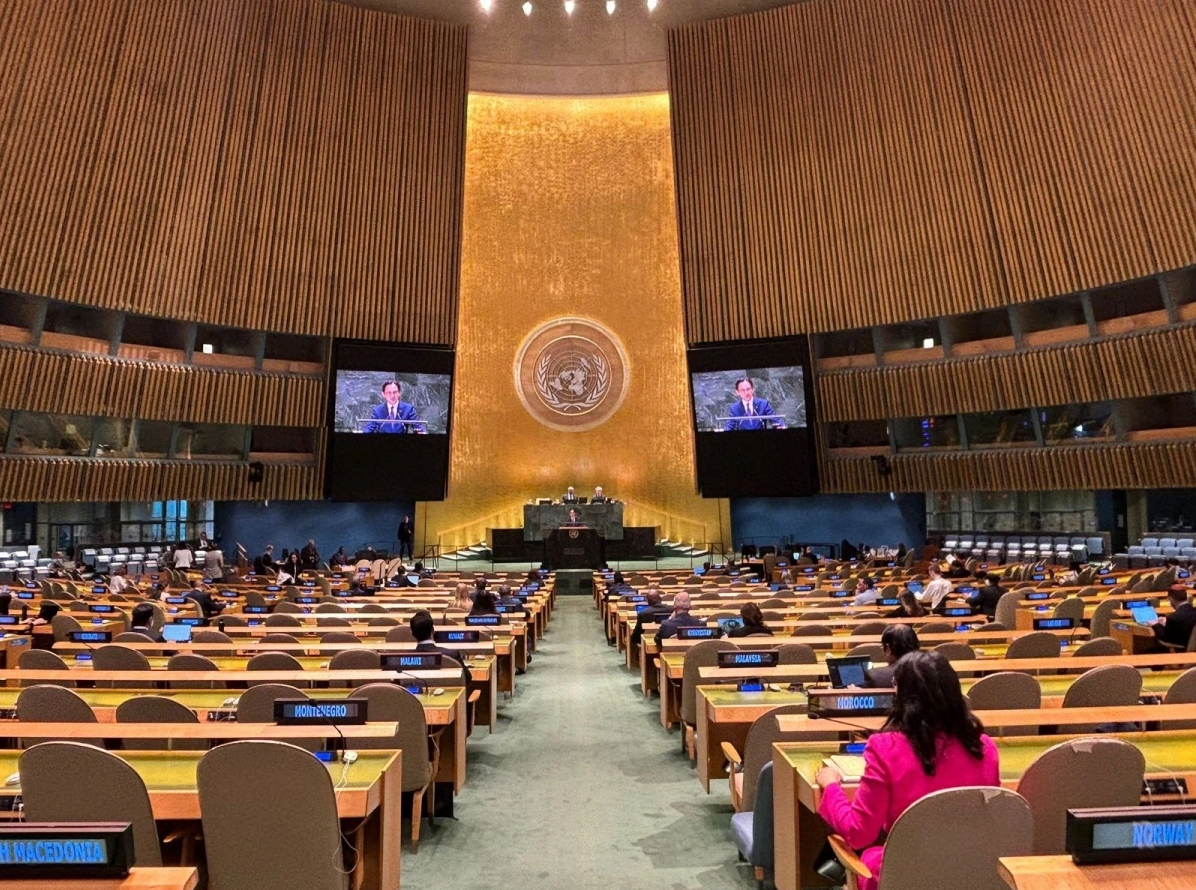














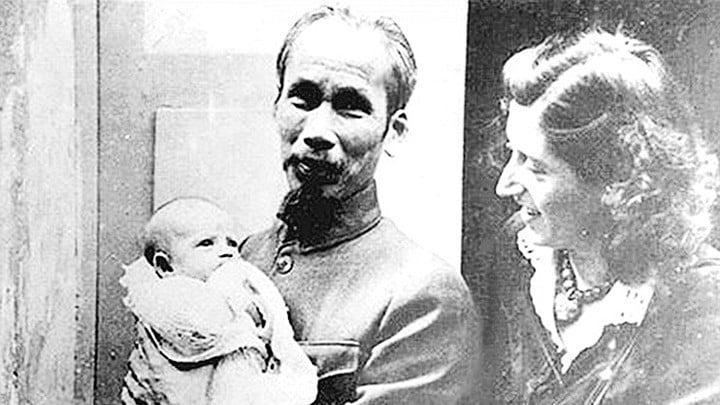














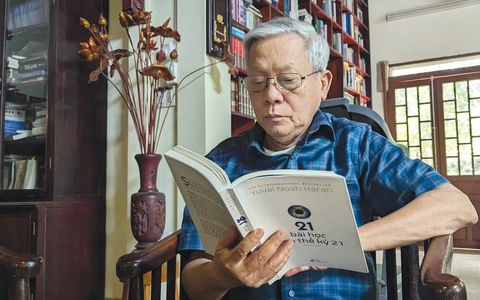
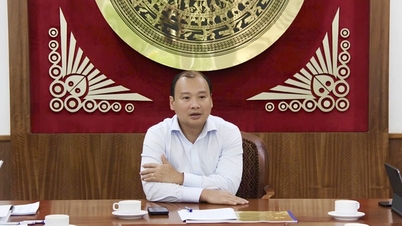









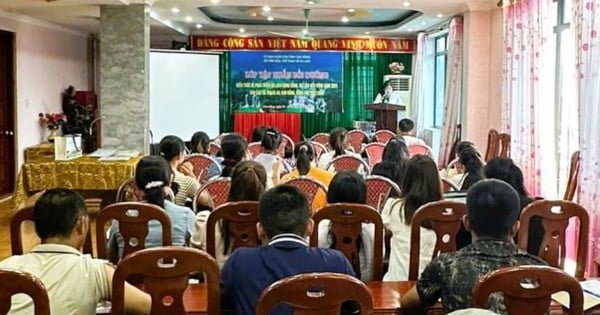













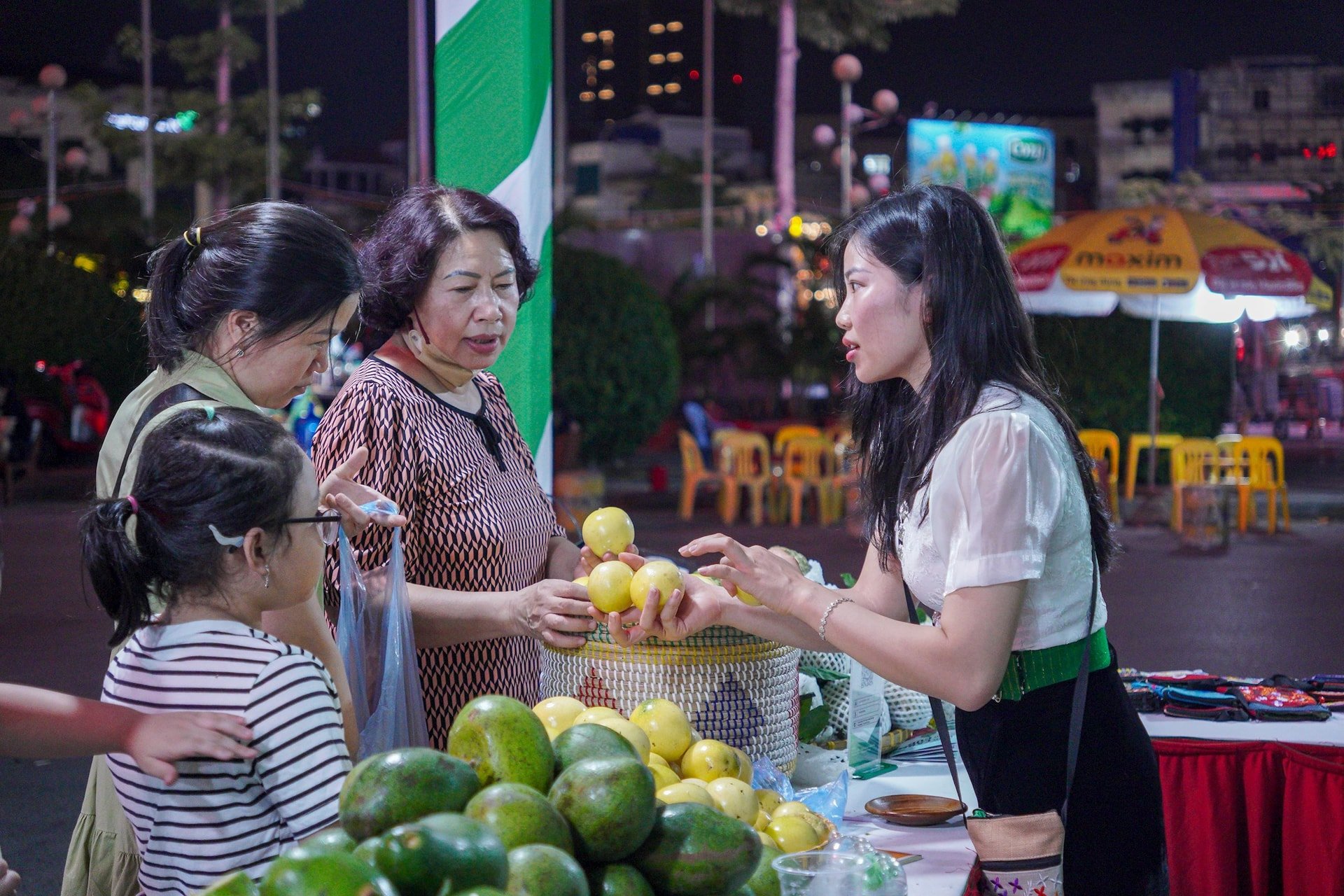










Comment (0)